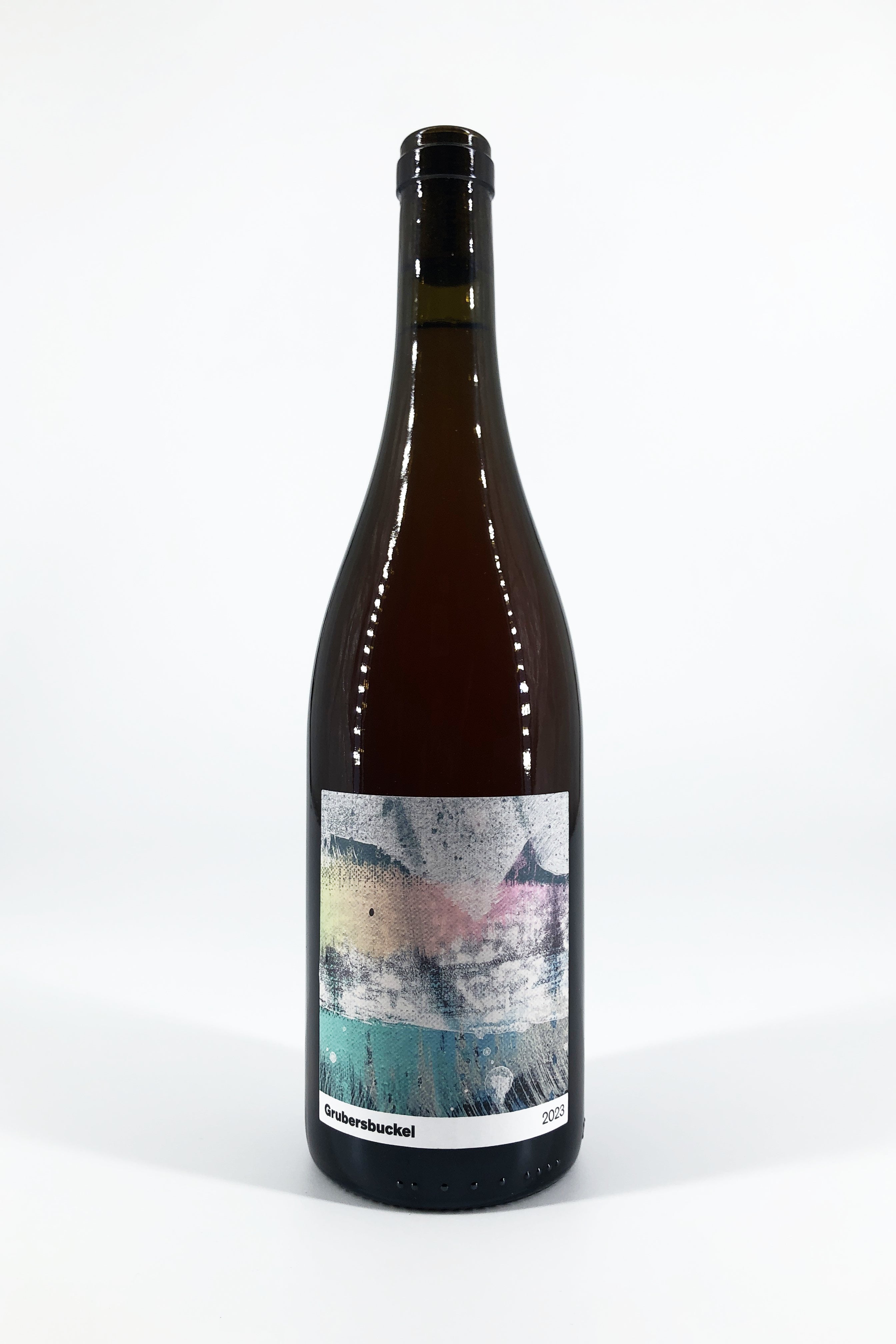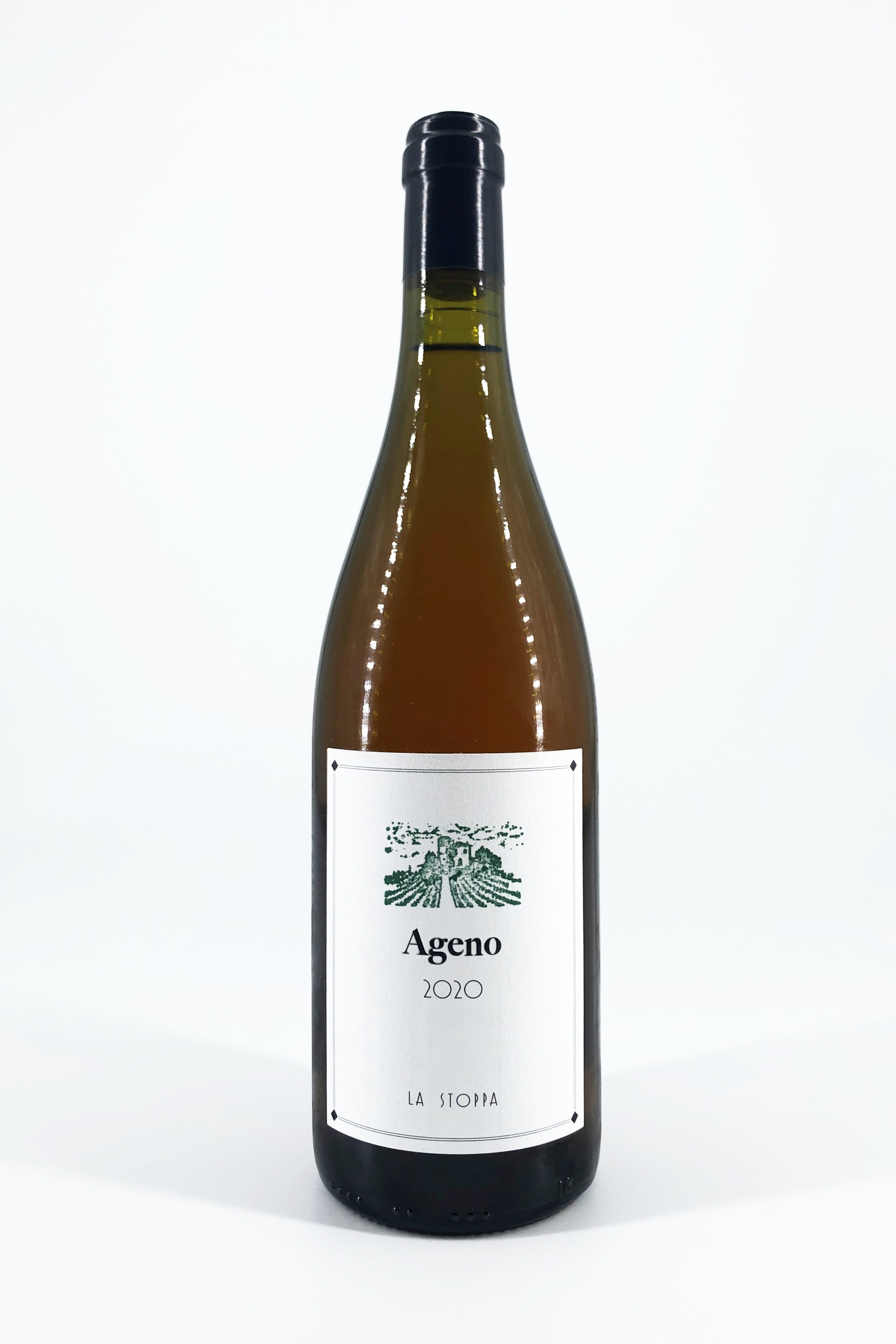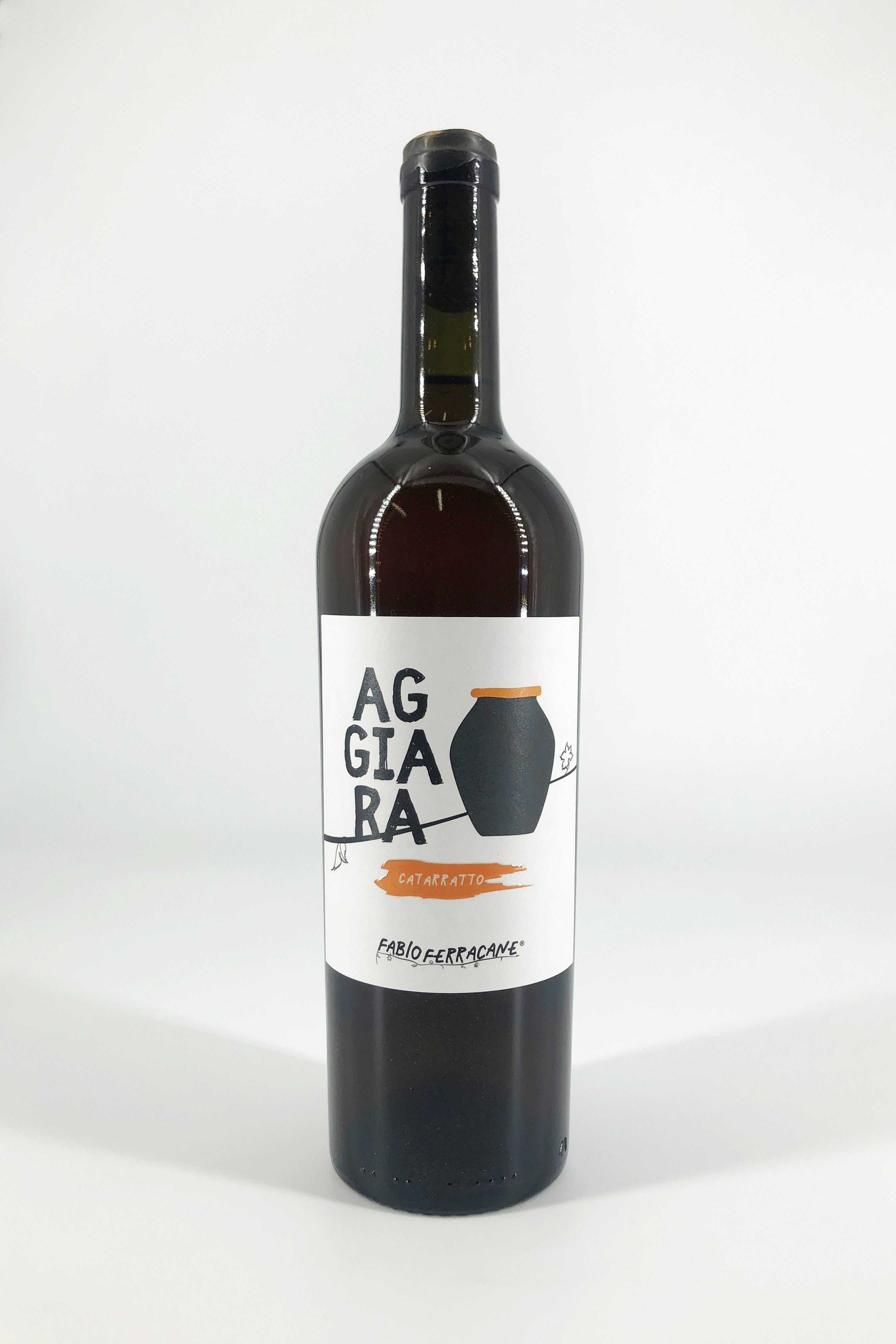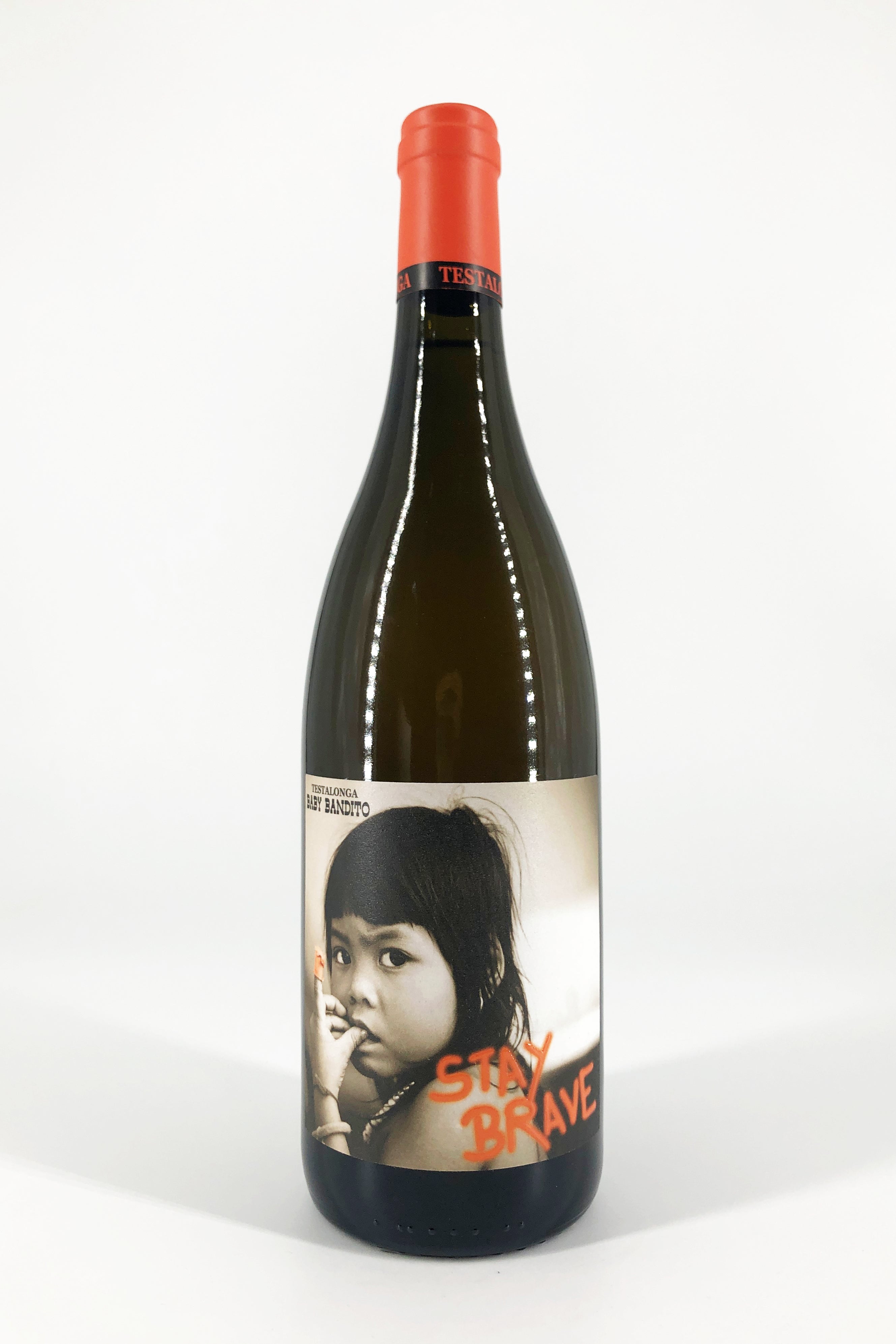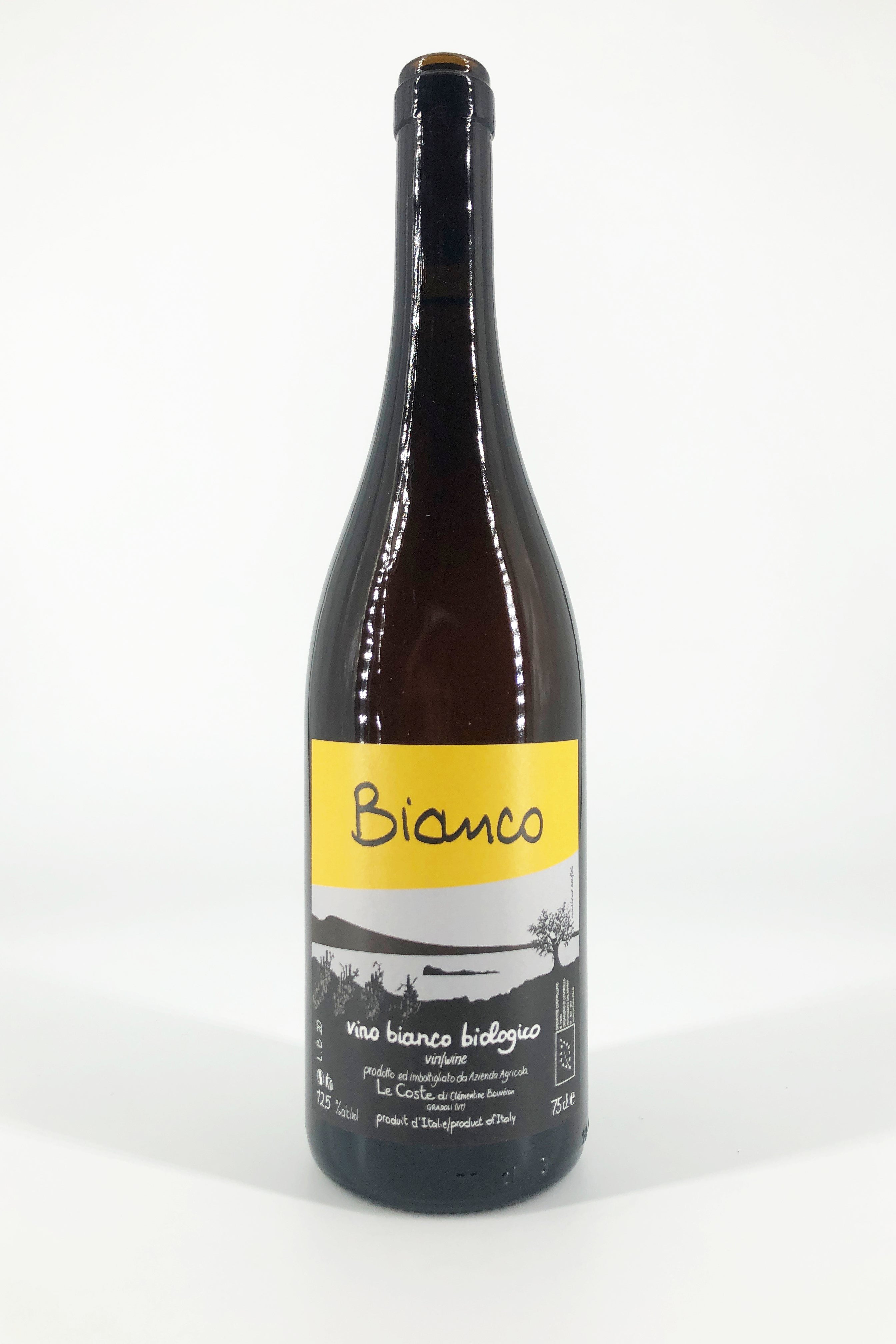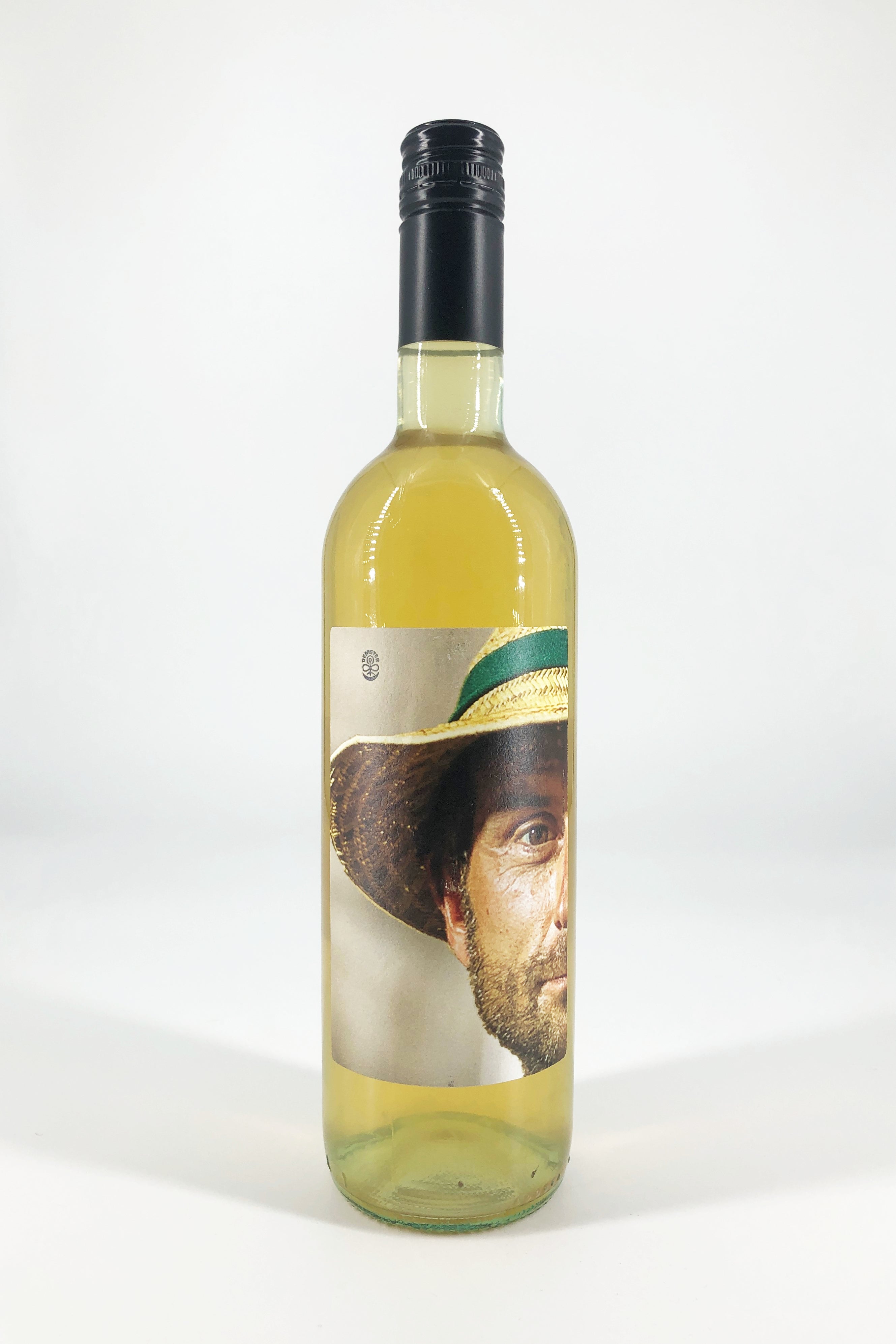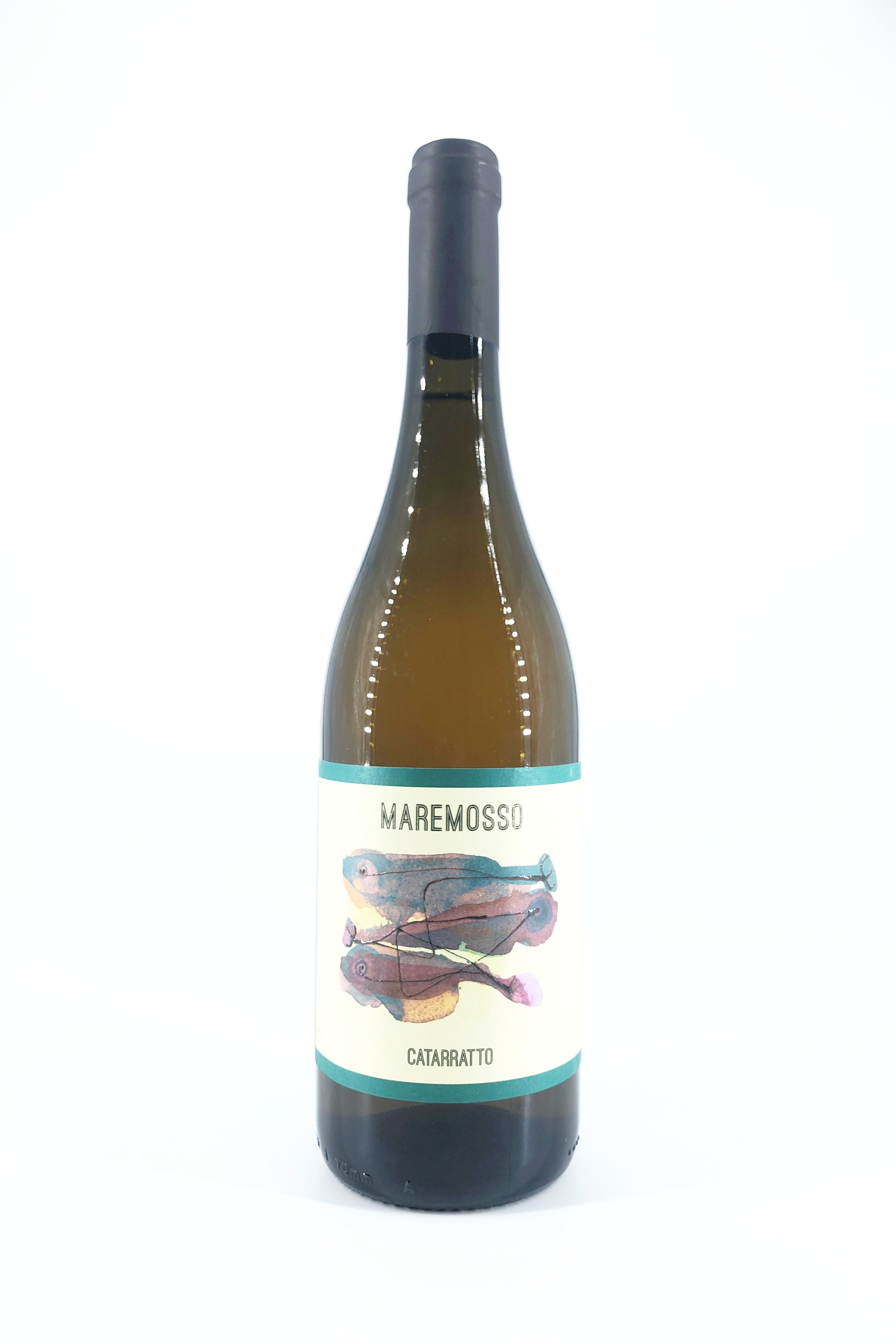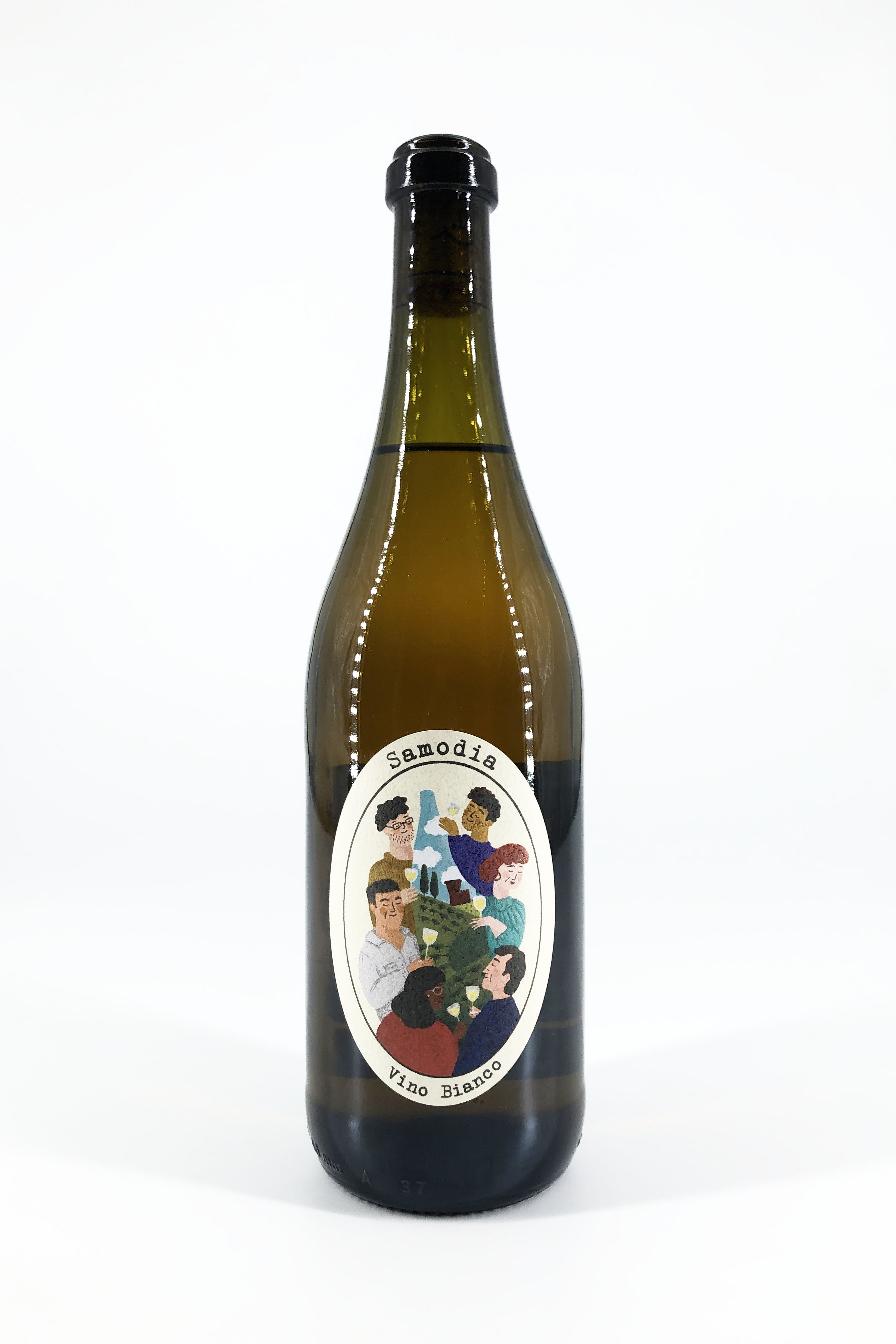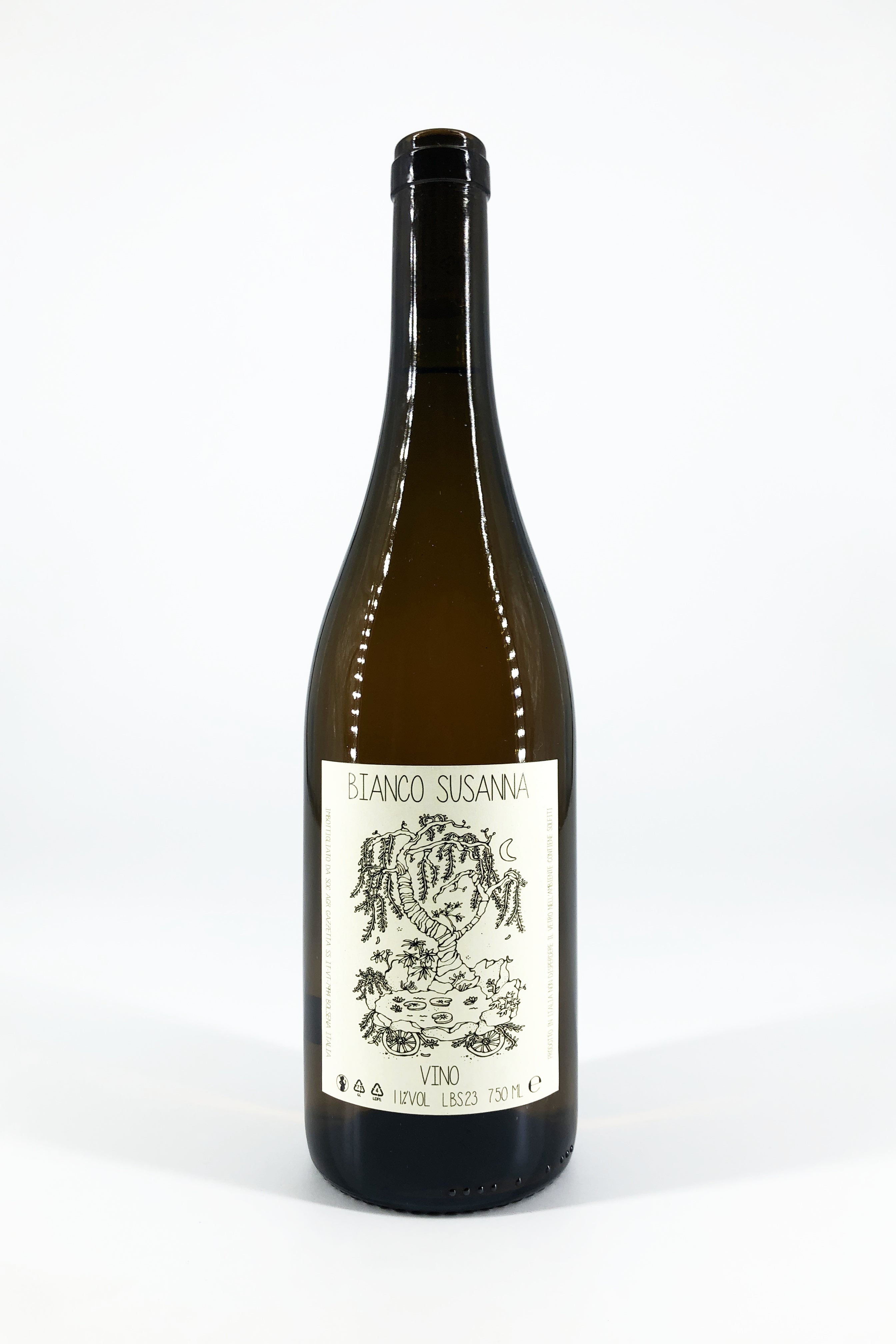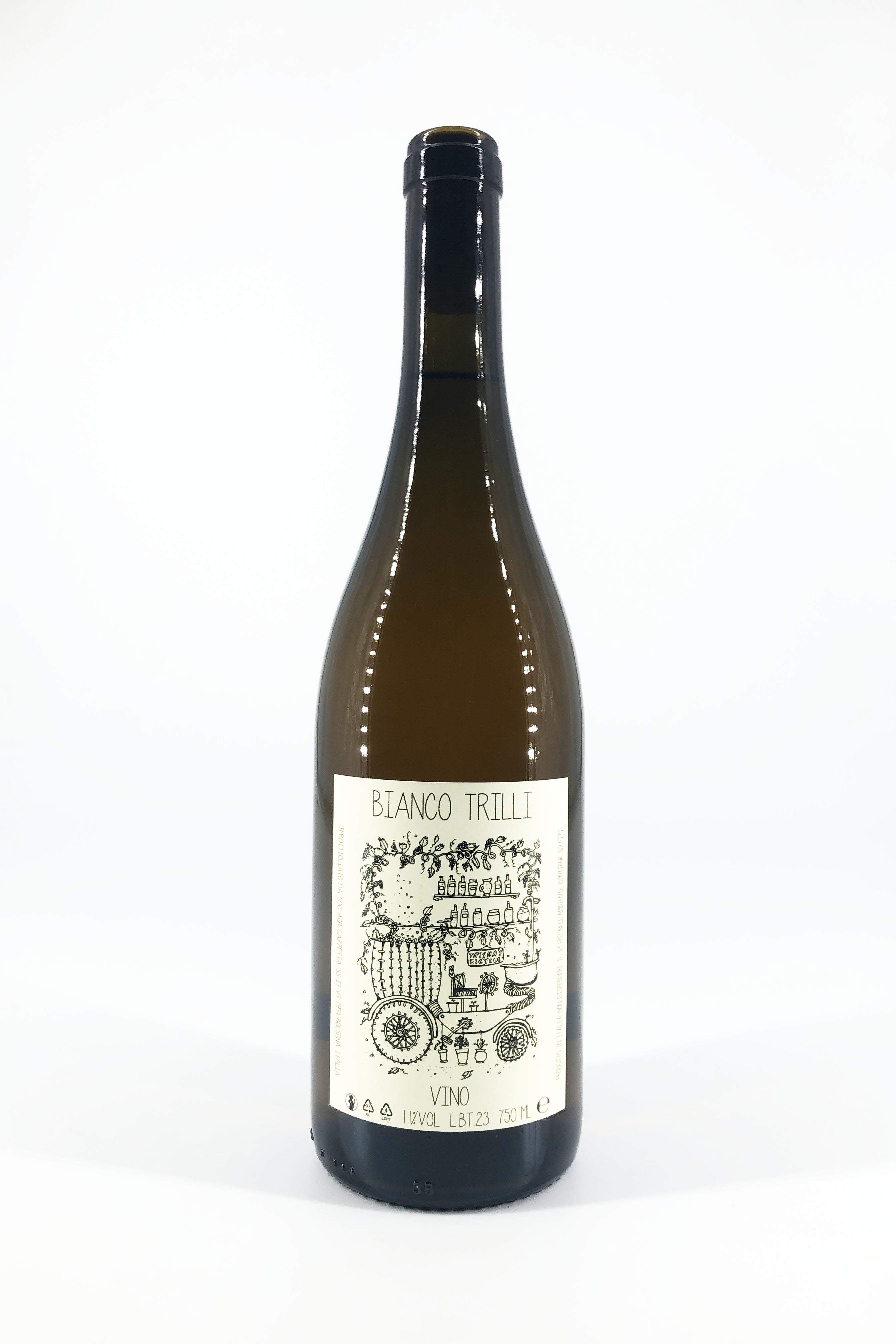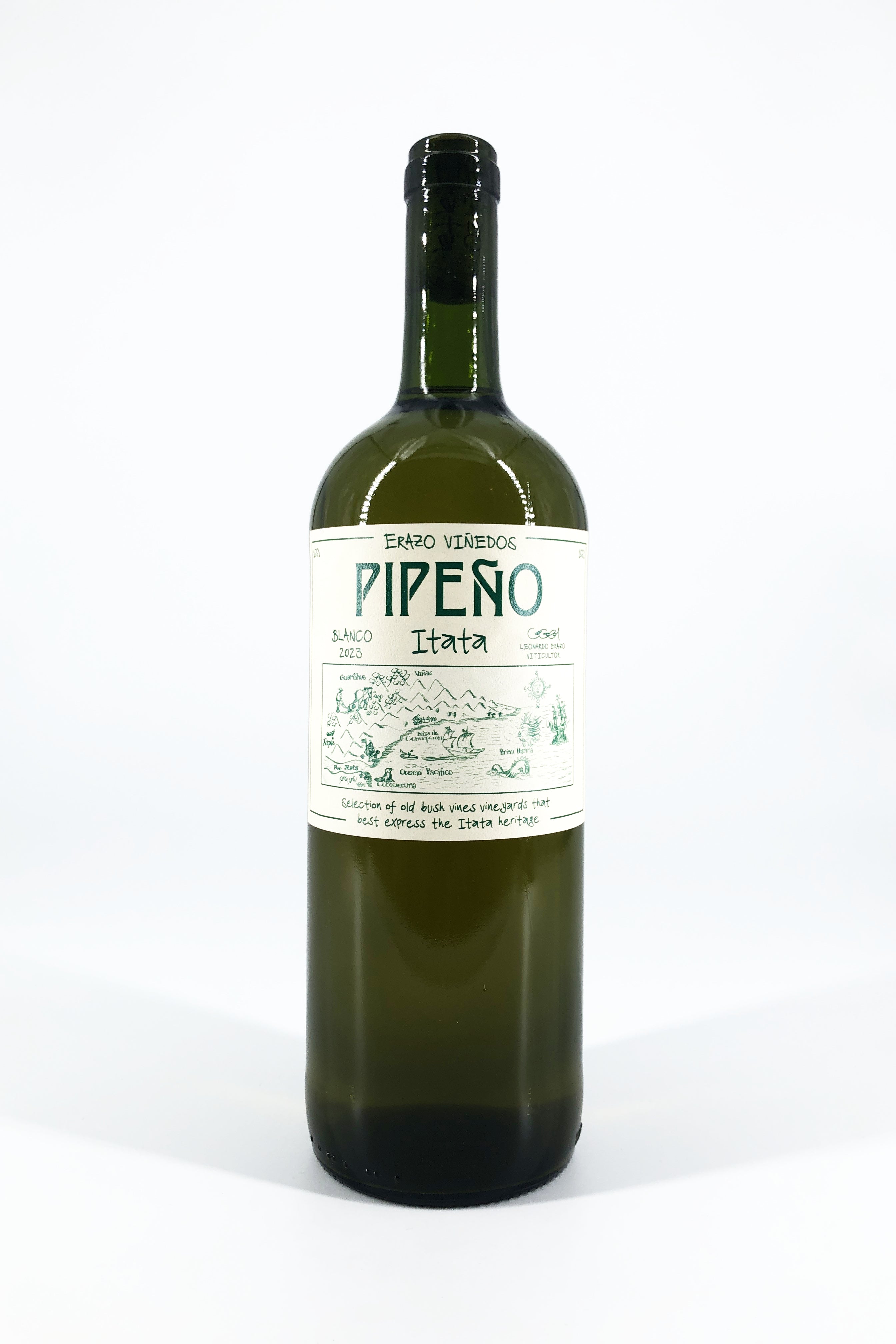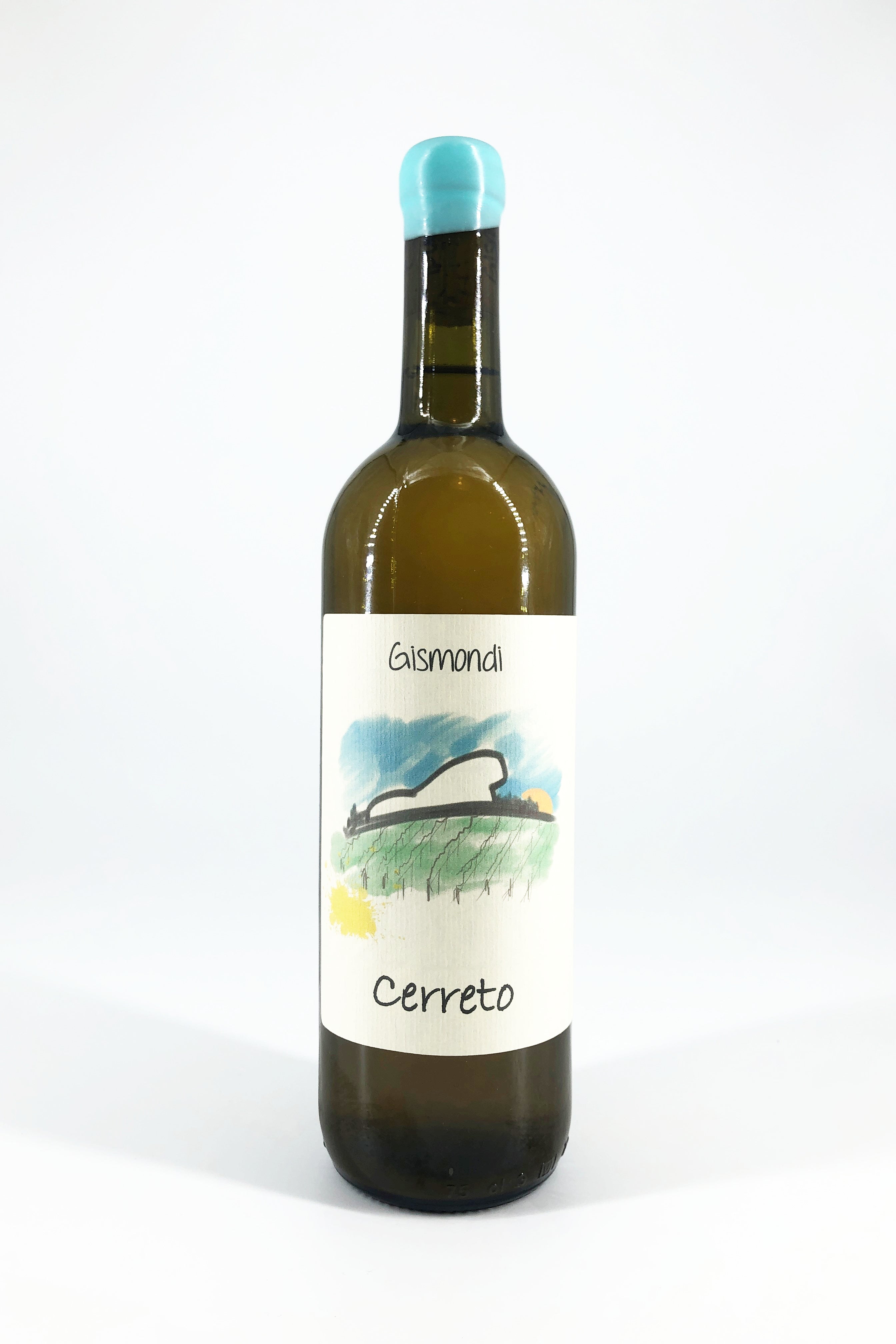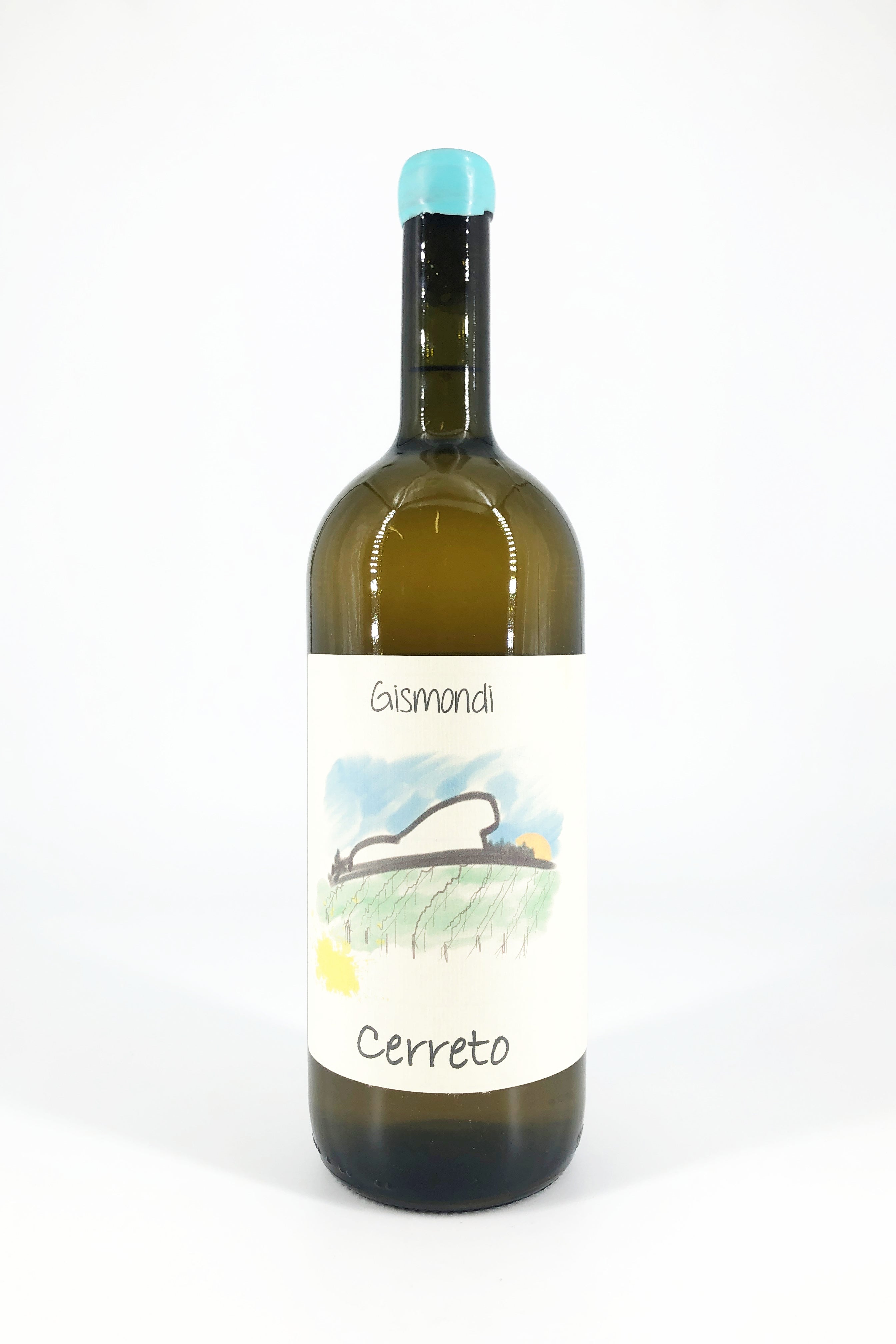About the Wine
A tea-like maceration of Pinot Gris (known here as Ruländer) that brings together white flowers, lychee and apricot from the top end to meet more earthy, savoury depth coming from below. A gorgeous sunset crush in the glass, the inclusion of the skins placing this wine somewhere between pink and orange in both appearance and character. All peaches and cream, citrus peels and spice, the tannins are delicately extracted and this grippy texture persists well into the finish.
The grapes were manually de-stemmed and then crushed and macerated on the skins for 5 days in steel. After a very gentle pressing, the wine returned to these tanks to rest for 11 months before bottling, unfiltered and without the addition of sulphur.
About Martin Hirsch
After nearly a decade living in Frankfurt, working in media and pouring wine at restaurant Emma Metzler on the side, Martin Hirsch returned home to Römerhof — a sleepy village in the north of Bavaria, and the family home for many years. His father made wine of the more conventional variety here, but it was at the restaurant that he had his first encounter natural wine — that special moment where the penny dropped and, as many who have shared the epiphany will attest, shifted his understanding of what wine could be.
It was the pandemic that sent Martin on the journey home as Frankfurt locked down. “When I stood in the vineyard after so many years in the city again, I felt like on LSD” he explains. “A spider descended from me, a deer ran through the lines – there was so much life, and that felt very good in that moment”. The pull of the land proved strong and it was around that time, with his father stepping away from winemaking, that Martin decided it could be possible to make wine of his own.
After a short internship with Franz Weninger over in Burgenland, He now farms a tiny 2.5 hectares of old vines around Kitzingen, planted over limestone and keuper – the mineral-rich sedimentary soil of the region that is a sort of hybrid of marl, clay and sandstone. In a part of Germany known for its long ripening season and scorching hot summers, this cooling earth provides balance and helps to preserve the bright, cleansing acids in the wine. Practising organics, he works with Dornfelder, Domina, Traminer, Ruländer (Pinot Gris) and of course the grape the region is best known for, Sylvaner.
In the cellar — a cool, old space beside the family home, previously used by his father — things are as pared-back as possible. Grapes are crushed by foot or direct pressed then fermented and aged in steel or old barrels for just short of one year before bottling. Not wanting to run before he could walk, Martin added just 10mg/l of sulphur to one of his debut vintage 2022 wines. For 2023 he has used nothing at all, getting closer to the essence of those wines that inspired him to begin.
For the most part, Martin learned by doing and now works among a small but growing group of like-minded young winemakers around Kitzingen. As is often the way with scenes like this that grow and develop in less prestigious wine regions, it’s an encouraging, collaborative community. Franconia is certainly a region to keep an eye on, and Martin is one of the new generation coming up.
